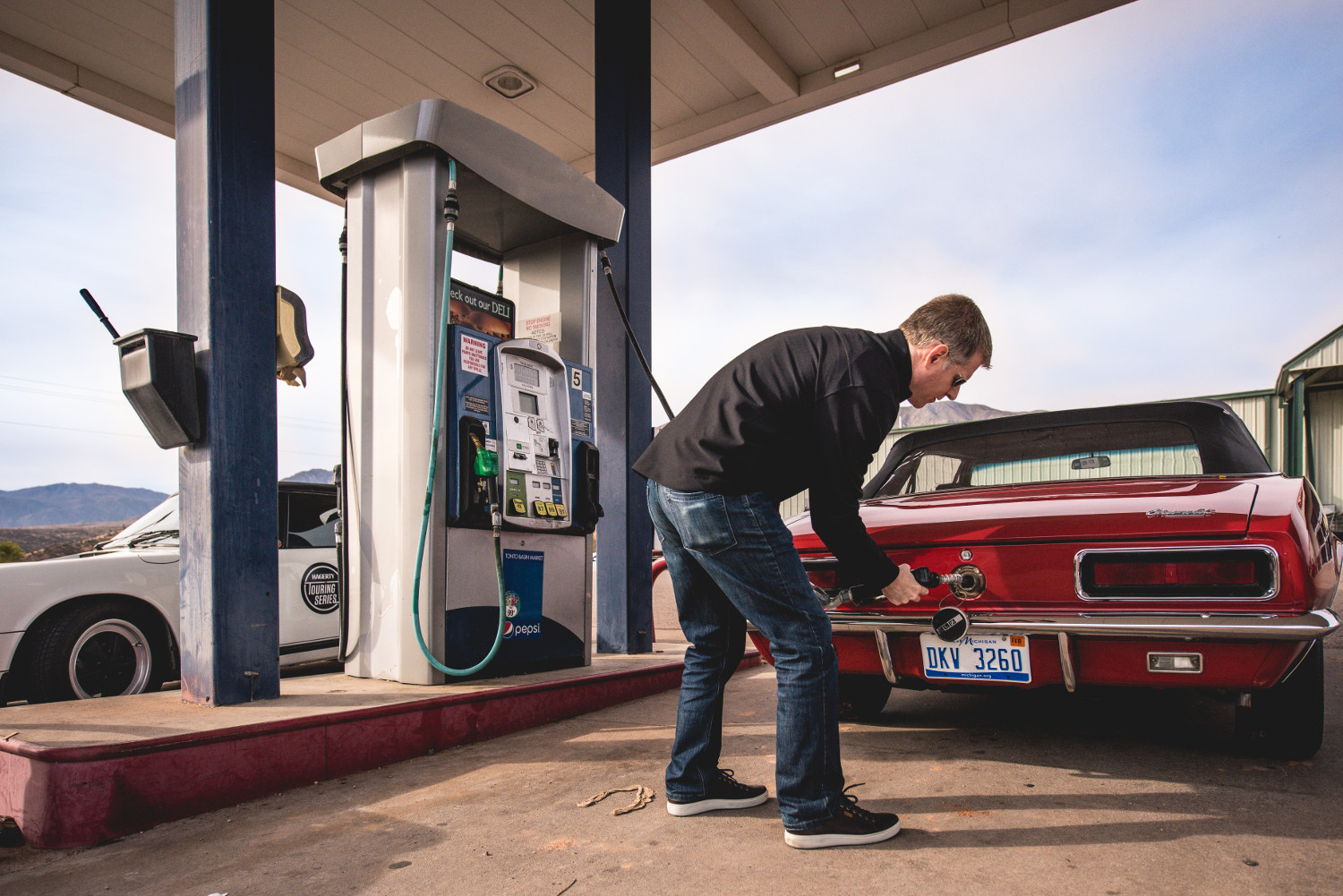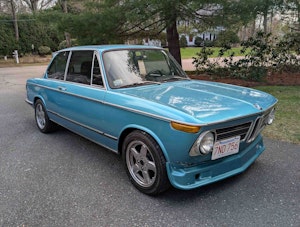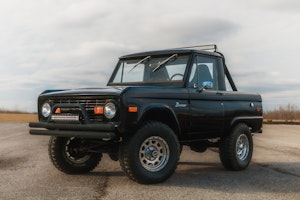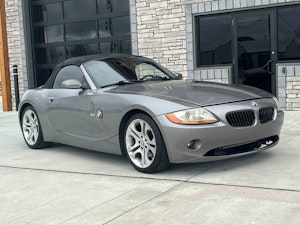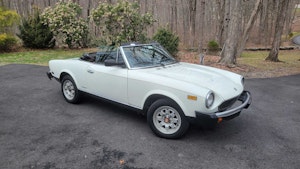Media | Articles
E15 ethanol is coming, like it or not. Here’s what you need to know
Owners of collector cars, or any vehicle built before 2001, beware: The Environmental Protection Agency (EPA) is finalizing a rule approving the sale of E15 gasoline year-round, so use extra care when gassing up this summer.
In the United States, ninety-eight percent of gasoline sold already contains some amount of ethanol. Cars produced in the past two decades or so generally have no problem burning the common E10 blend, which contains 10 percent ethanol. Some stations have offered E15, which bumps the amount of ethanol to 15 percent, since 2005, but the EPA had previously banned its sale during the summer amid concerns that it contributed to the creation of smog. The EPA is poised to rescind the ban and make E15 available throughout the year under a rule it could finalize by June 1.
The change won’t happen overnight, and you’ll still be able to get E10. Still, motorists will want to be mindful when filling up. Not all cars can handle the higher concentration of ethanol, which can gum up fuel systems and cause corrosion in cars that haven’t been designed to burn it.

The good news for new-car buyers is that the number of cars approved for E15 has increased for 2019, according to the Renewable Fuels Association, which represents ethanol producers. Among the holdouts are BMW, Lamborghini, Mercedes-Benz, Mitsubishi, Mazda and Volvo. Oddly, the BMW-made Mini is approved for 2019. A few Mercedes models are available as FlexFuel models, which can use up to E85.
Marketplace
Buy and sell classics with confidence
When in doubt about a new or late-model car, call the brand’s customer assistance center, if one is provided. The holdouts will inevitably need to approve E15.
What’s ethanol?

Ethanol is a simple alcohol that, when added to gasoline, acts as an oxygenate. Federal regulations have mandated ethanol-blended gasoline to reduce carbon monoxide, hydrocarbon, and particulate emissions while increasing the use of renewable fuels. It’s a topic that can spark heated debate, so we’re not delving into the economic, environmental, and political machinations.
Yet, even if the ethanol had not been mandated, fuel producers would still use it because it is a cheap, and safe, octane booster. Pure ethanol has an octane rating of 130.
The EPA has approved E15 for use in cars built since 2001, but automakers, do not necessarily agree that the older cars should use it. Owners of collector cars, though, should avoid using E15 in any vehicle that hasn’t been modified to handle it.
Don’t panic
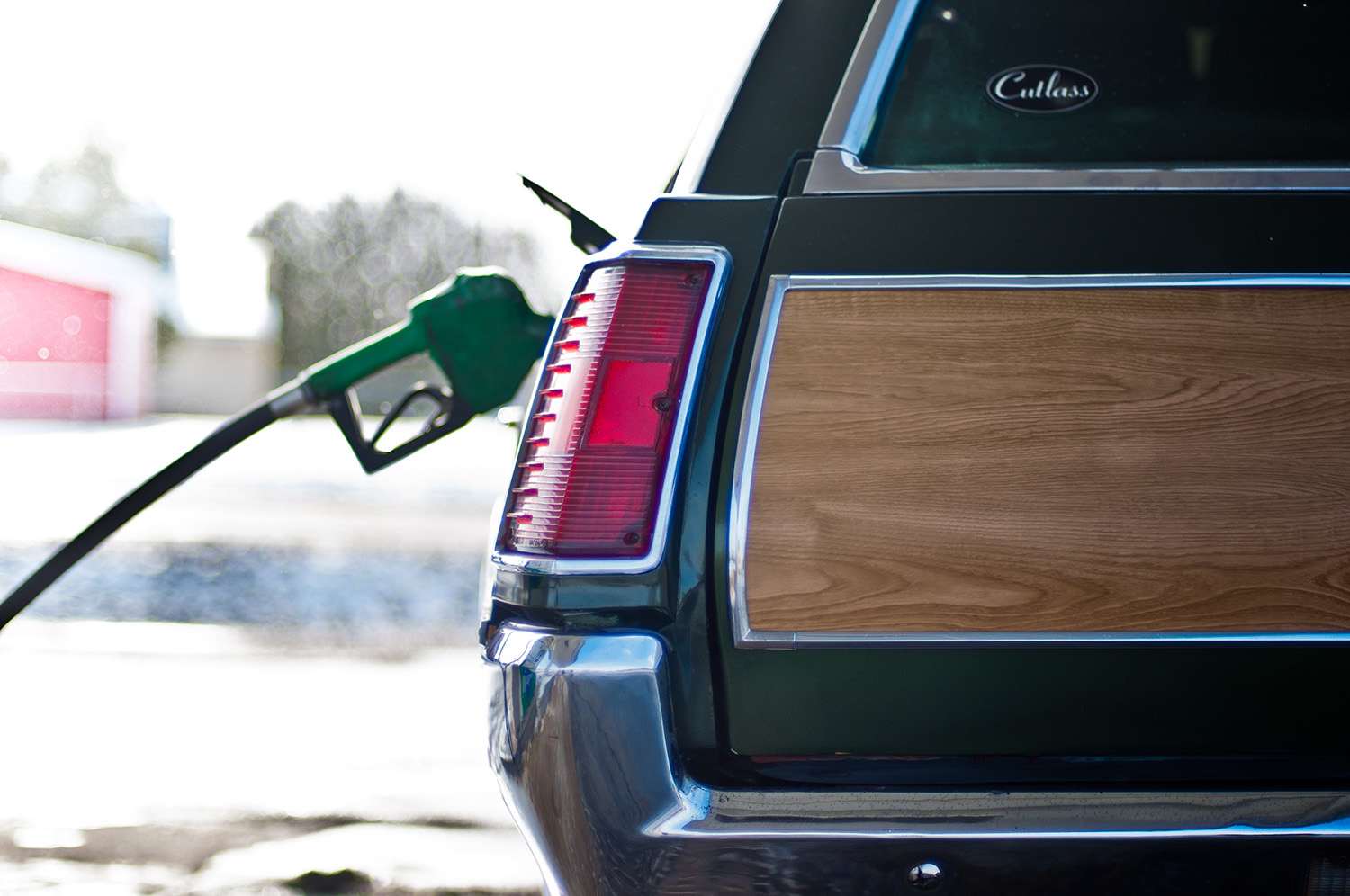
There’s no need to panic, but you’ll want to be vigilant. If you own a car built since 2012, check the owner’s manual to see if you can use E15. If the manual doesn’t specifically say it’s OK, avoid using it.
Any gas pumps dispensing ethanol should have a sticker affixed that explicitly identifies the ethanol content of the gasoline. If you don’t see it, ask a gas station employee. If you live in New Jersey and many parts of Oregon, where attendants do the pumping, make sure they use the right one.
Collector cars and alcohol: A bad mix

Using gasoline with a higher concentration of ethanol than the automaker recommends could damage metal and plastic parts. This is especially true in older cars, which can experience other problems associated with burning alcohol. Ethanol absorbs moisture more easily than gasoline, which can cause corrosion problems in fuel tanks and gum up filters and carburetors. It also can dissolve rust in the fuel tank, which could then find its way into the fuel system.
Owners can avoid problems by install ethanol-compatible fuel lines, fittings, filters, and other parts. For winter storage, use only ethanol-compatible gas-storage additives.
If you want to avoid ethanol altogether, look for small vendors that sell pure gasoline. You can usually find them at or near marinas, drag strips and small airports. Check pure-gas.org for user-updated lists of such places in the U.S. and Canada. That said, these smaller vendors are getting harder to find (and tend to charge much more), so call ahead before driving to one.
